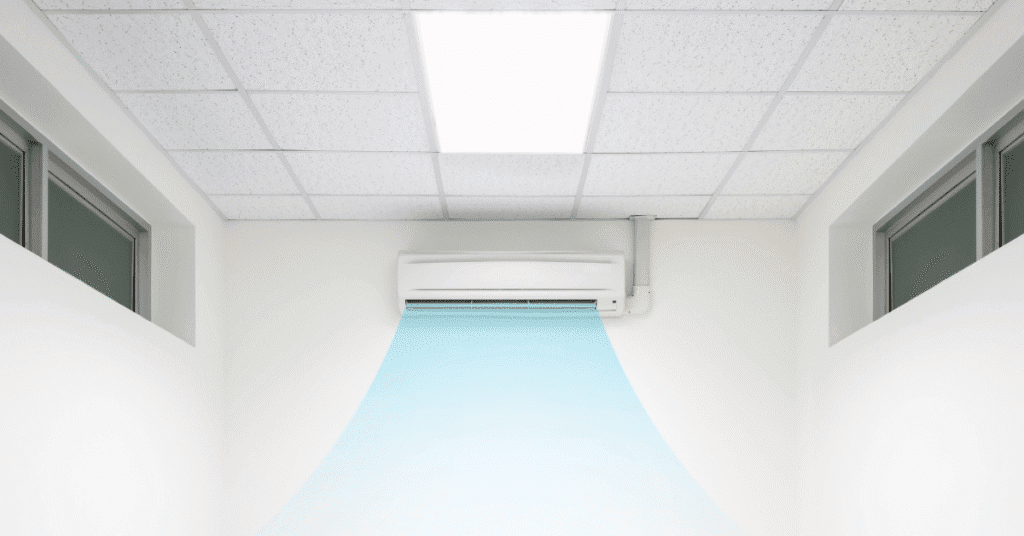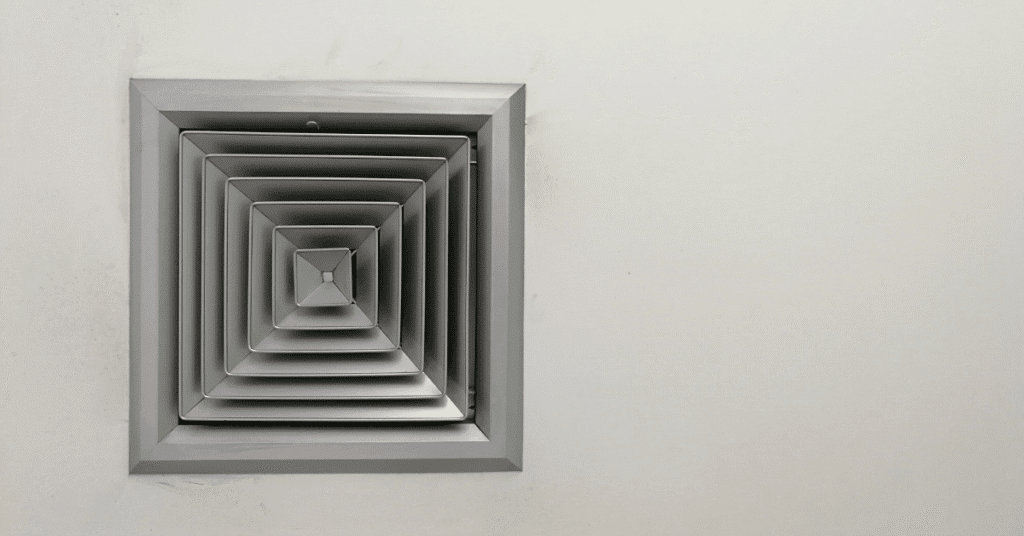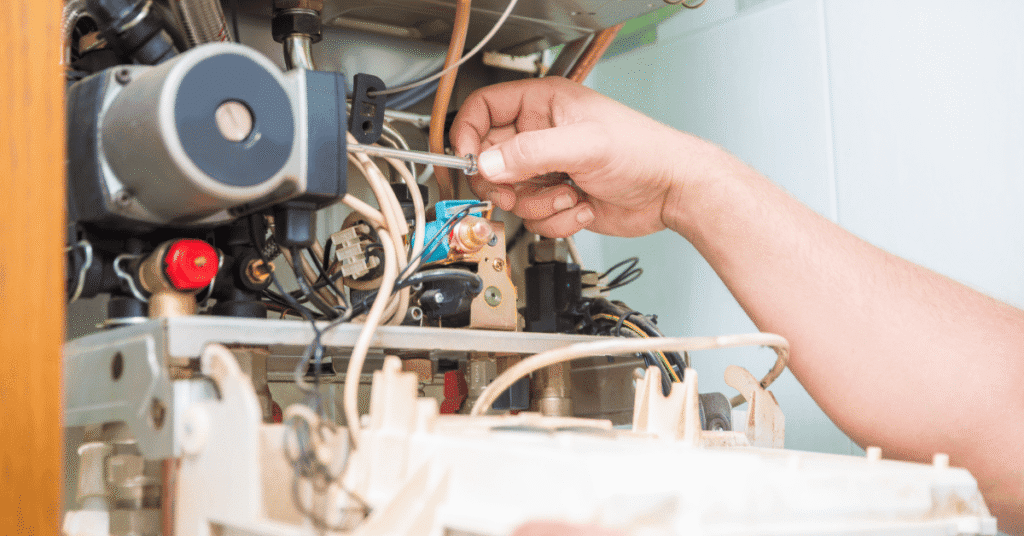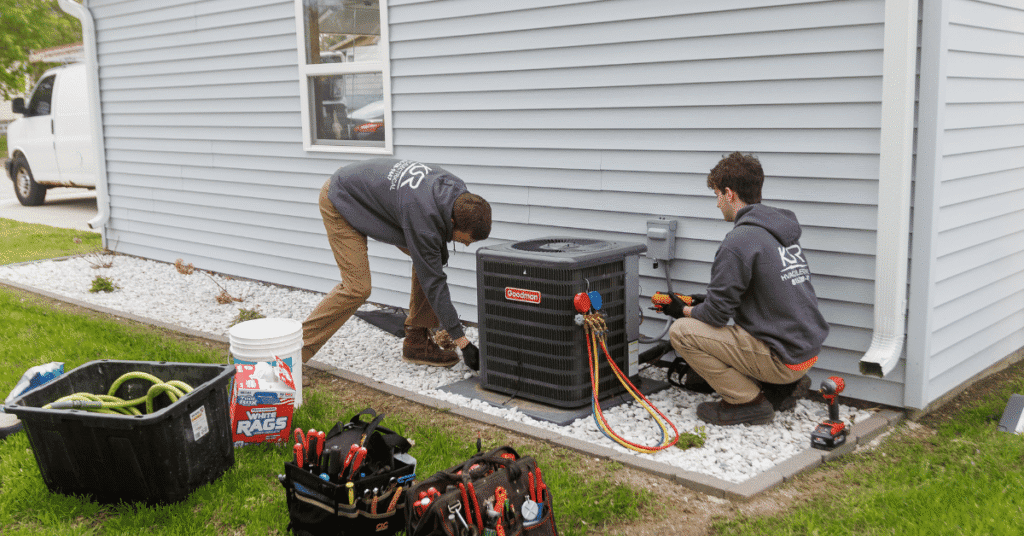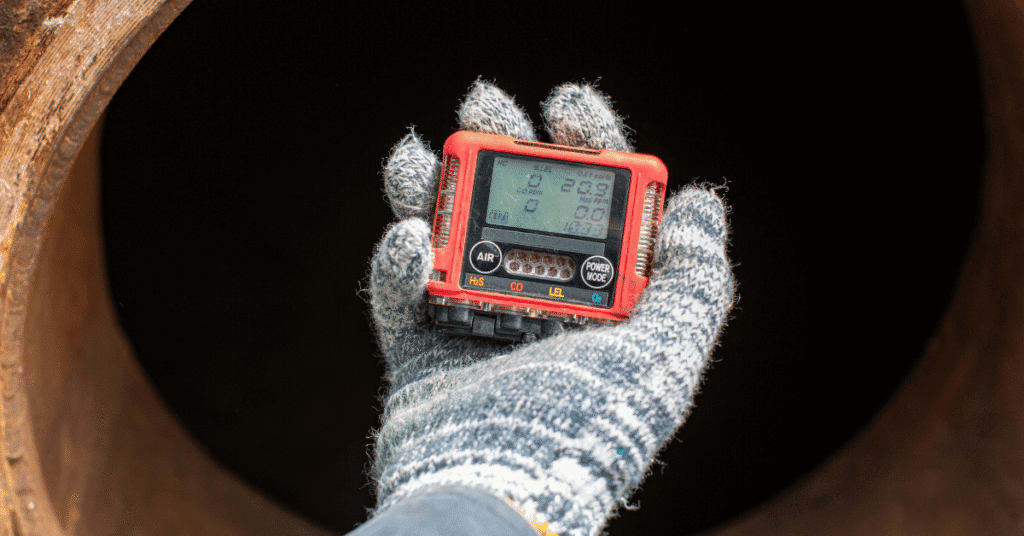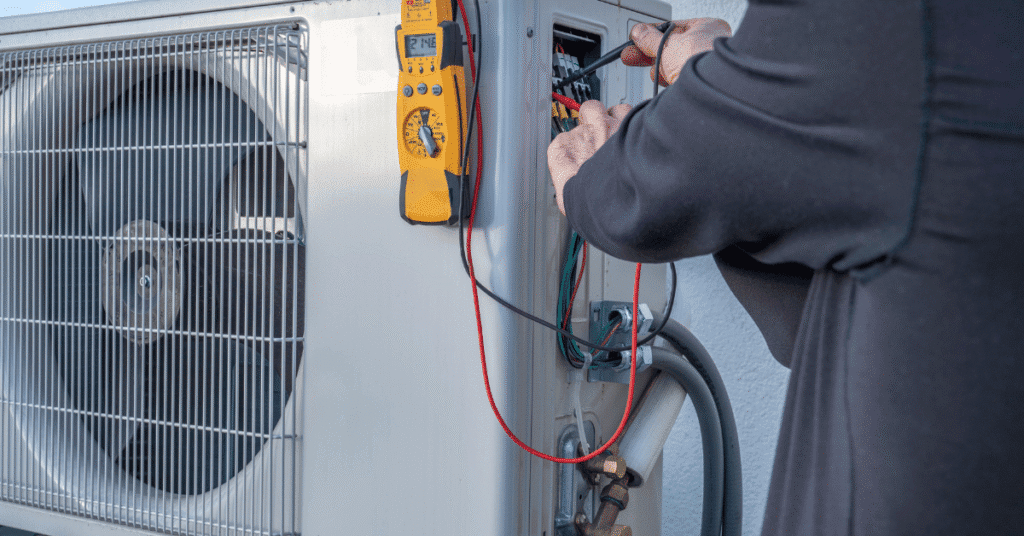Heat Pump vs Furnace for Heating: Choosing the right heating system for your home isn’t always straightforward especially in areas like Minonk, Illinois, where winters dip well below freezing. If you’re trying to decide between a furnace and a heat pump, you’re not alone. At KSR HVAC & Electrical, LLC, we help homeowners and businesses navigate this choice based on practical factors like climate, energy bills, comfort, and long-term reliability.
This guide compares heat pumps and furnaces side by side to help you determine which system is right for your heating needs.
What Is a Furnace?
Heat Pump vs Furnace for Heating: A furnace is a traditional heating system that generates heat using natural gas, electricity, or oil, then distributes warm air through ducts. It’s a common choice in cold regions like Central Illinois.
Key Facts About Furnaces:
- Commonly powered by natural gas, propane, or electricity
- Performs well in freezing temperatures
- Lifespan: 15–20 years with proper repair and maintenance
- Typically paired with a separate AC unit for cooling
- Requires annual cleaning and inspection
Because furnaces generate heat, they’re especially effective in extreme cold and have been a staple in many homes for decades.
What Is a Heat Pump?
Heat Pump vs Furnace for Heating: A heat pump is a versatile unit that provides both heating and cooling by transferring heat from one place to another. Even when it’s cold, heat pumps use electricity to transfer heat from a cool space (like the outdoor air) to warm your home.
Heat Pump Essentials:
- All-electric system no gas lines required
- Handles heating in winter and cooling in summer
- Ideal for milder climates; newer models work in colder weather
- Lifespan: 10–15 years with regular repair and cleaning
- More energy-efficient than traditional electric heaters
High-efficiency models, including air-source and ground-source heat pumps, are now equipped to handle below-freezing conditions.

Furnace vs Heat Pump: A Side-by-Side Comparison
1. Energy Efficiency
Gas furnaces can achieve AFUE ratings of up to 98%, but they rely on natural gas or propane, which contributes to emissions.
Heat pumps, on the other hand, use electricity to transfer heat instead of creating it. This makes a heat pump more efficient especially in moderate climates. When comparing heat pump vs gas furnace, heat pumps generally consume less energy.
✅ Heat pumps are more energy-efficient than natural gas furnaces in regions with mild to moderate winters.
2. Installation and Running Costs
- Furnace installation is typically cheaper if your home already has a compatible system.
- A heat pump system may cost more upfront but offers savings through lower utility bills especially compared to gas furnaces in mild weather.
3. Cold Weather Performance
- Furnaces shine in extreme cold. Gas heat provides consistent performance even in subzero conditions.
- Heat pumps may struggle in very cold climates unless paired with supplemental heating like a furnace with a heat pump.
Some homeowners opt for a dual-fuel system (a heat pump and a furnace) for greater efficiency and reliability.
4. Maintenance & Repair Needs
Both systems require upkeep to operate efficiently.
Furnace Maintenance:
- Annual cleaning, inspection, and repair
- Replace filters every 1–3 months
- Occasional thermostat calibration
Heat Pump Maintenance:
- Biannual cleaning (heating and cooling seasons)
- Coil, fan, and refrigerant level inspections
- Filter changes
At KSR HVAC & Electrical, we offer comprehensive maintenance, cleaning, and repair plans for both systems to keep your equipment in peak condition.
Furnace vs Heat Pump: Quick Comparison
| Feature | Furnace | Heat Pump |
|---|---|---|
| Function | Heating only | Heating + cooling |
| Energy Source | Gas, propane, or electricity | Electricity |
| Best Climate | Cold winters | Mild to moderate; cold-climate models for freezing temps |
| Lifespan | 15–20 years | 10–15 years |
| Upfront Cost | Lower | Higher |
| Efficiency | High in cold weather | Very high in mild weather |
| Emissions | Produces CO₂ if gas/oil | No combustion, lower emissions |
Pros and Cons of Furnaces and Heat Pumps
Heat Pump vs Furnace for Heating:
Pros of Furnaces:
- Highly effective for heating your home in freezing weather
- Compatible with most existing ductwork
- Longer lifespan
- Lower initial installation cost
Cons of Furnaces:
- Uses natural gas or propane, increasing emissions
- Provides only heating (requires separate cooling system)
- Needs regular cleaning and yearly repair
Pros of Heat Pumps:
- Dual-purpose: heat and cool your home
- Heat pump is an energy-efficient choice in moderate climates
- May qualify for energy rebates and incentives
- Reduces emissions (no combustion)
Cons of Heat Pumps:
- Higher upfront installation cost
- Can be less effective in severe cold (unless it’s a cold-climate model)
- Shorter lifespan than a gas furnace

Which Heating System Is Right for You?
Heat Pump vs Furnace for Heating: Choosing between a furnace or heat pump depends on various factors:
Climate Consideration
- Mild winters? A heat pump system may be all you need.
- Severe winters like those in Illinois? A natural gas furnace or dual-fuel system is safer.
Energy Costs
- Heat pumps use electricity, which may be cheaper depending on utility rates.
- Gas furnaces and heat may be more cost-effective if natural gas is affordable in your region.
Your Home’s Setup
- Existing ductwork? Either system works.
- No ducts? Consider a ductless electric heat pump vs a traditional unit.
Environmental Goals
- Looking to reduce emissions? Go with a heat pump.
- Prioritizing maximum performance in cold? Stick with a gas or electric furnace.
FAQs About Heat Pumps and Furnaces
Q: Can I install a heat pump with gas backup?
Yes, this is called a hybrid system or furnace and a heat pump setup. It optimizes energy use based on outside temperatures.
Q: Is a heat pump better than a furnace in terms of cost?
It depends on energy rates and insulation. A heat pump may offer lower monthly bills, while a furnace might have lower upfront costs. We offer consultations to assess your situation.
Q: Are rebates available for heat pumps?
Yes, energy-efficient upgrades often come with local rebates. Ask our team for guidance we handle everything from installation to paperwork.

